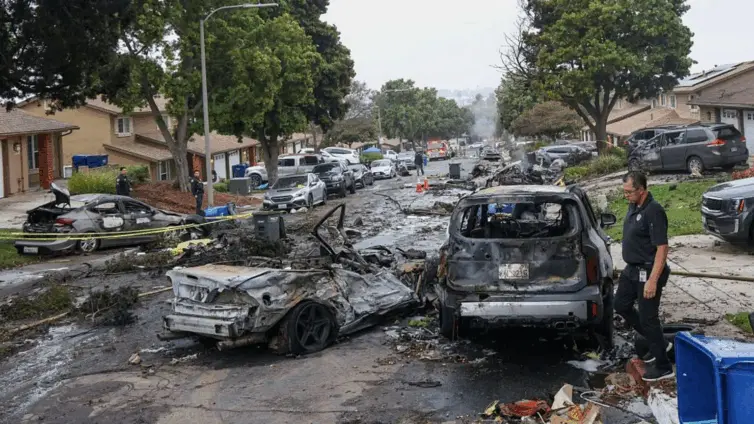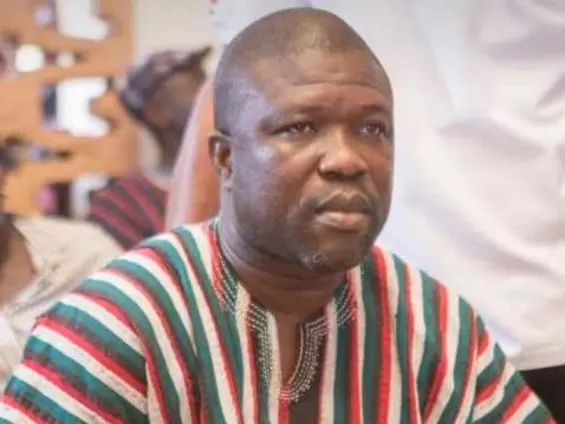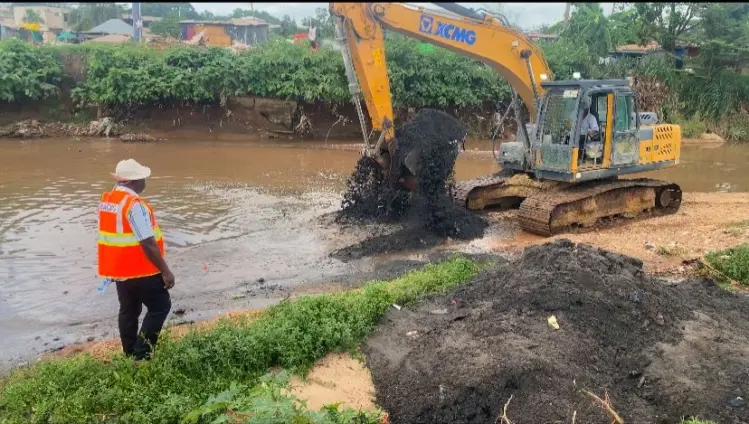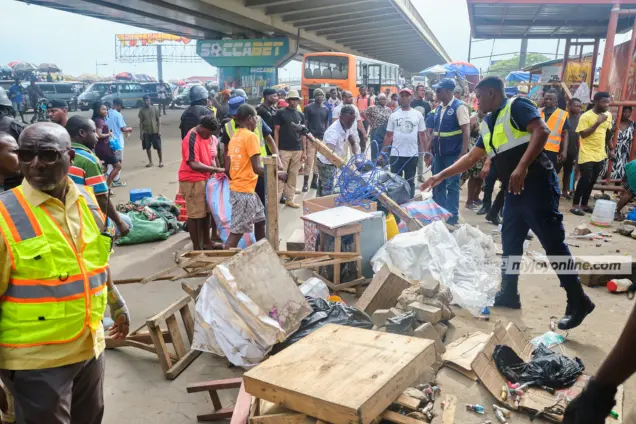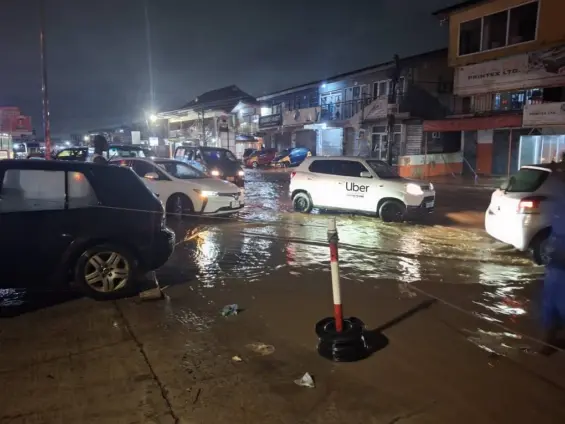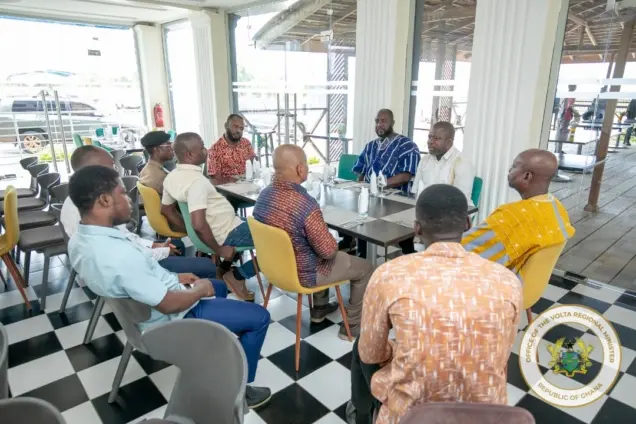The hum of Accra’s power grid usually fades into the background, unnoticed until the lights flicker. But on January 14, 2022, something more than a flicker occurred at the Achimota Substation. Vital ground cables and copper, the lifeblood of the electrical system, vanished, leaving behind a security breach and a loss valued at GH¢182,387.93. Now, months later, the echoes of that night reverberate through the courts, as one man, John Edem Aggorsu, an electrical technician, faces the consequences: a five-year prison sentence for the theft of these vital components of Accra’s power supply. The **cable theft** incident has revealed vulnerabilities in the security apparatus of the substation.
The case, presided over in Accra Circuit Court, has highlighted not only the brazen nature of the crime but also the critical role of security in safeguarding vital infrastructure. Aggorsu’s conviction brings a degree of closure, but the questions remain: how did this happen, who else was involved, and what steps can be taken to ensure it never happens again?
According to Chief Inspector Jonas Lawer, who led the prosecution, the alarm was raised by Cyril Mawuli King, an engineer at Gridco’s Achimota Substation, and Kwadwo Opoku, the security supervisor. Their discovery set in motion an investigation that would unravel a conspiracy and expose weaknesses in the system.
The Achimota Substation, a crucial node in Ghana’s power distribution network, became the target of a carefully orchestrated plan. The missing cables and copper, essential for grounding and preventing electrical surges, represented more than just a financial loss; they symbolized a potential threat to the stability of the entire grid. The **cable theft** had severe implications.
John Edem Aggorsu, the now-convicted electrical technician, wasn’t acting alone. Investigations revealed the involvement of Daniel Agyei, a security officer at the very substation he was sworn to protect. Agyei’s role was not in the physical theft itself, but in enabling it. For a price, he disabled the substation’s CCTV system, creating a blind spot that allowed Aggorsu to operate undetected. Agyei pleaded guilty to abetment of crime and was sentenced to 18 months in prison. A third individual, known only as Godfred, remains at large, his role in the scheme still under investigation.
The coordination between Aggorsu and Agyei was key to the success of the **cable theft**. Evidence presented in court showed that Aggorsu had paid Agyei to disable the CCTV system, transferring funds via mobile money and making cash payments. The prosecution detailed amounts of GH¢1,320, GH¢200, and GH¢100 changing hands – the price of compromised security.
Aggorsu, however, maintained his innocence, denying any involvement in the crime. This led to a full trial, where the prosecution presented four witnesses to build their case. The court ultimately found the evidence compelling, concluding that the prosecution had proven Aggorsu’s guilt beyond a reasonable doubt.
The Achimota **cable theft** exposed significant vulnerabilities in the security protocols at the substation. It highlighted the need for more robust surveillance systems, better monitoring, and a greater emphasis on the integrity of personnel responsible for safeguarding critical infrastructure. Beyond the immediate financial loss and security breach, the incident serves as a stark reminder of the potential consequences of neglecting security measures. The sentences handed down to Aggorsu and Agyei are intended to serve as a deterrent, sending a clear message that such crimes will not be tolerated.
Preventing future cable thefts requires a multi-pronged approach. Enhanced surveillance systems, including more sophisticated CCTV technology and round-the-clock monitoring, are essential. Increasing the number of security personnel patrolling and guarding critical infrastructure can also deter potential thieves. Engaging local communities to report suspicious activity is another crucial step. Additionally, technological solutions such as sensors that detect unauthorized access and alarms that trigger immediate responses can provide an extra layer of protection. The use of smart-fencing that triggers an alarm upon any tampering or cutting of the perimeter fence could be implemented, or the use of drones to patrol the facilities.
The sentencing of John Edem Aggorsu represents a victory for the rule of law and a step towards securing Ghana’s critical infrastructure. While the case has brought a degree of closure, it also underscores the ongoing need for vigilance and continuous improvement in security protocols. Only through sustained efforts can Gridco and other organizations prevent future incidents and safeguard the essential services that power the nation.
Image Source: MYJOYONLINE


